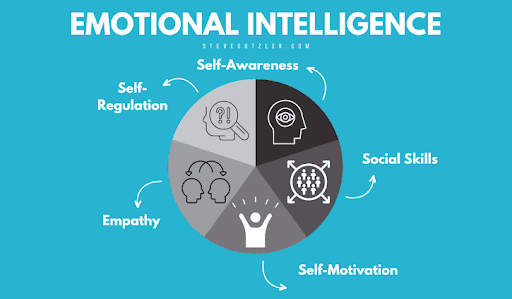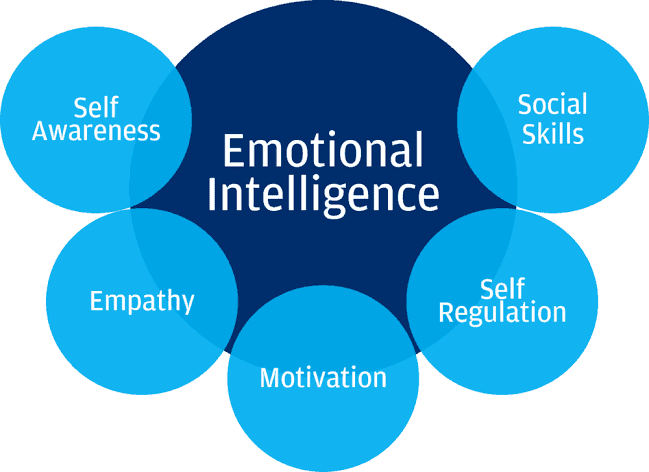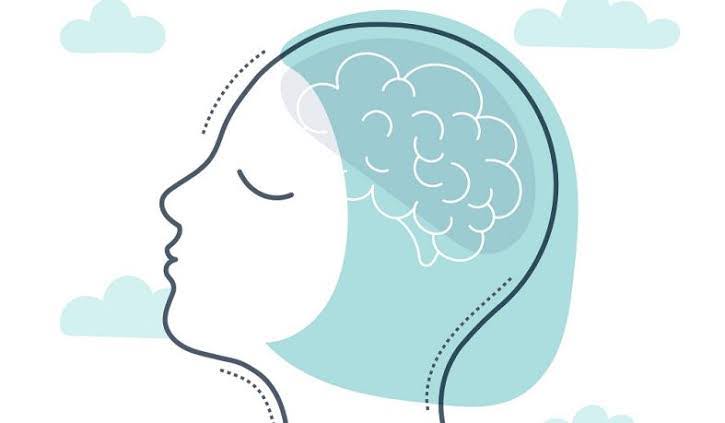Introduction
Emotional intelligence (EI) has emerged as a crucial factor in personal development, influencing how individuals manage their own emotions, interact with others, and navigate various life challenges. Defined as the ability to recognize, understand, and manage our own emotions, as well as those of others, EI encompasses several core competencies: self-awareness, self-regulation, motivation, empathy, and social skills.

1. Self-Awareness and Personal Growth:
Self-awareness is the foundation of emotional intelligence. It involves recognizing one’s emotions and their impact on behavior and decisions. Individuals with high self-awareness are better equipped to understand their strengths and weaknesses, leading to more informed personal growth. By reflecting on emotional responses and patterns, individuals can identify areas for improvement and set realistic goals, fostering a deeper sense of self-understanding.
2. Self-regulation and Resilience:
Self-regulation refers to the ability to control and redirect disruptive emotions and impulses. It plays a critical role in personal development by promoting resilience and adaptability. Those skilled in self-regulation can handle stress and setbacks with composure, maintaining a positive outlook, and persistently working towards their goals. This emotional stability not only enhances decision-making but also contributes to long-term success and well-being.


3. Motivation and Goal Achievement:
Motivation, a key component of EI, drives individuals to pursue and achieve their goals. Emotionally intelligent individuals are often more self-motivated, displaying a high degree of persistence and enthusiasm. This intrinsic motivation, coupled with a clear understanding of personal values and aspirations, facilitates goal-setting and helps overcome obstacles, leading to continuous personal and professional development.
4. Empathy and Relationship Building:
Empathy, the ability to understand and share the feelings of others, is integral to effective communication and relationship building. By empathizing with others, individuals can forge stronger connections, enhance teamwork, and navigate social complexities more adeptly. In personal development, empathy fosters supportive relationships and enriches interpersonal interactions, contributing to a more fulfilling and harmonious social environment.

5. Social Skills and Leadership:
Social skills encompass the ability to manage relationships and influence others positively. These skills are essential for effective leadership and collaboration. Individuals with strong social skills can negotiate, resolve conflicts, and inspire others, which enhances their capacity to lead and work within diverse teams. Developing these skills is vital for personal growth, as it opens doors to new opportunities and fosters professional advancement.
Conclusion
In conclusion, emotional intelligence plays a pivotal role in personal development by enhancing self-awareness, self-regulation, motivation, empathy, and social skills. Cultivating EI contributes to improved personal growth, resilience, goal achievement, and relationship building, ultimately leading to a more balanced and successful life. As individuals continue to develop their emotional intelligence, they are better prepared to navigate the complexities of modern life and achieve their full potential.
